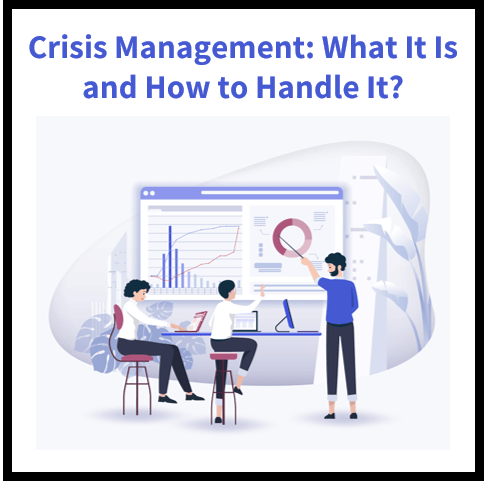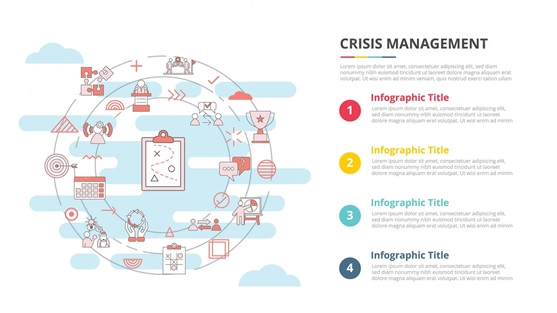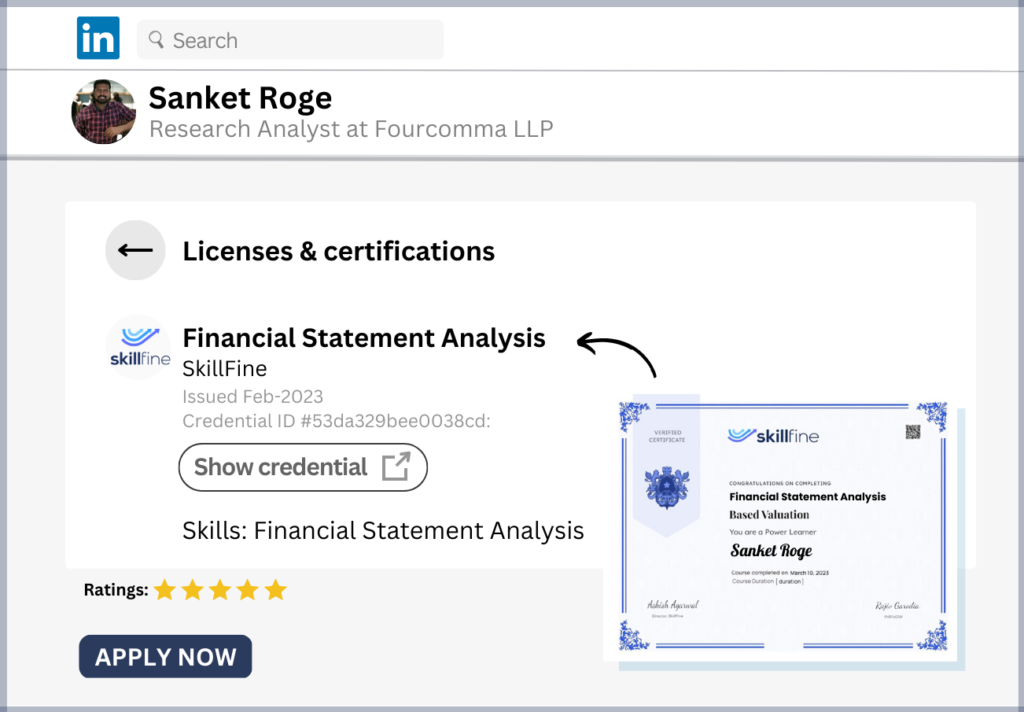Crisis management is about knowing how to react when something goes wrong. It’s not just about having a plan; it’s also about being able to think fast and make the right decisions in any given situation. The procedures you put in place should be straightforward enough that they can be followed even under stress.
Indeed, handling a crisis is one of the most stressful situations any company can go through. However, if you’re prepared for it, you have better chances of coming out victorious from this challenging moment. This blog post will offer some useful tips on what you need to know about crisis management and how to handle a crisis if one ever hits your business.
What is crisis management?
Crisis management is the process of dealing with an event that has serious implications for your brand or organization. Crises can happen for different reasons, ranging from product recalls to natural disasters, but the one thing they have in common is that they disrupt business as usual.
The goal of crisis management is to minimize damage to the organization by controlling the damage that has been done. As such, it is an important aspect of risk management that all businesses should be prepared for.
Why is crisis management important?
Crisis management is important because it allows you to control the story that is being told about your brand during a crisis. If a crisis arises and you have not created a plan for how you will deal with it, then you have no control over the story that is being told. This means that a journalist might write an article about your crisis and completely misrepresent your brand.
By having a plan in place, you can make sure that journalists write accurate and helpful articles that get people the help they need.
Know your stakeholders
In order to develop an effective crisis management plan, you need to be aware of your stakeholders – including customers, employees, suppliers, regulators, and investors. You also need to know how each of these stakeholders would react in a crisis situation.
This will help you to develop a communication strategy that targets each stakeholder group appropriately. By knowing who you’re dealing with, you can anticipate their reaction to a certain situation or announcement. This will allow you to take the most appropriate course of action for the situation as well as for each stakeholder group.
Establish a chain of communication
In almost every crisis situation, communication gets impaired. This may be because of damaged property, or it may be because the company can’t get the message out due to power outages or damaged equipment.
In order to maintain communication during a crisis, you need to establish a chain of communication. This is especially important if your crisis occurs in a place where customers are likely to be. You need to be able to get information out to them, and you also need to be able to get their questions and concerns addressed as quickly as possible.
Detect where the problem lies
You need to find out what is causing the crisis before you can deal with it appropriately. Depending on the type of crisis, you may need to deal with several different issues. For example, if you’re dealing with a product recall, you will need to deal with the root cause of the issue as well as the customers who have been affected.
When dealing with a crisis at your company, there are three important things to remember: Stay calm, don’t make things worse, and get help when you need it. You want to stay calm because you will be able to make better decisions when you aren’t rushing or panicking.
You don’t want to make things worse by saying something that makes the situation worse, such as falsely reassuring a worried customer. Lastly, you want to get help when you need it.
Develop a response strategy
Once you’ve detected the problem and have a better idea of what is causing your crisis, you can develop a response strategy. In doing so, make sure that you take the time to think through your options and make sure that you have a plan for what you will do if each option doesn’t work out as planned. If you rush through this process, there is a good chance you will overlook some important details.
Learn From the Situation
After your crisis has come to an end, you need to take the time to look back at what happened. This is important because it allows you to see where you could have done better. After you’ve looked back at the situation and evaluated the things you did right and the things you did wrong, you need to make adjustments to your crisis management plan. Doing so will help you to be better prepared for the future.
Evaluate and Adjust
After your crisis has passed, you need to evaluate what happened and make sure that you are prepared for the next one. You need to make adjustments to your policies and procedures to help reduce the likelihood of another crisis from occurring. You also need to adjust your communication strategies to be better prepared to handle a crisis if it ever happens again.
Conclusion
Crises are inevitable in business, but you can be prepared for them. Having a strong crisis management plan in place will allow you to respond appropriately and effectively when a crisis does occur.
Crisis management is about knowing how to react when something goes wrong. It’s not just about having a plan; it’s also about being able to think fast and make the right decisions in any given situation. The procedures you put in place should be straightforward enough that they can be followed even under stress. Indeed, handling a crisis is one of the most stressful situations any company can go through. However, if you’re prepared for it, you have better chances of coming out victorious from this challenging moment.




